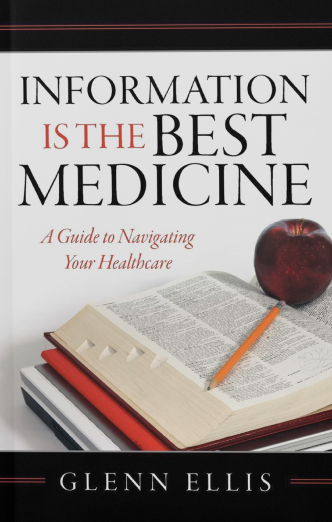“a child is deemed to be living in relative poverty if he or she is growing up in a household where disposable income, when adjusted for family size and composition, is less than 50% of the median disposable household income for the country concerned”
Much is being said and written in recent days about Fidel Castro. Regrettably, much of the rhetoric is directed towards claims on human rights violations against the Cuban people. Admittedly, Fidel Castro was not a perfect man, but it seems there’s plenty of work that needs to be addressed here in the United States, before passing judgement.
Prior to the Revolution, led by Castro in 1959, there were profound inequalities in Cuban society — between city and countryside and between whites and blacks. Most Cubans lived in abysmal poverty; perpetually in debt and living on the margins of survival. Many were seriously malnourished and hungry. Neither health care nor education reached those Cubans at the bottom of society. Illiteracy was widespread, and those lucky enough to attend school seldom made it past the first or second grades.
Yet, today, over 50 years later, Cuba has one of the highest literacy rates (almost 100%), and best health outcomes in the western hemisphere, including the lowest infant mortality rate. 
Not claims that the U.S., the most powerful nation on the planet, can make.
According to the Office of Research at the United Nations Children’s Fund (UNICEF), the U.S. has one of the highest rates of child poverty in the developed world. Of the 35 wealthy countries studied by UNICEF, only Romania has a child poverty rate higher than the 23 percent rate in the U.S.
Black children are more likely to live in poverty than children of any other race. The poverty rate among black children is 38.2 percent, more than twice as high as the rate among whites. The poverty rate for Hispanic children is 32.3 percent.

Twenty-four states and the District of Columbia have poverty rates higher than the national average of 15 percent, with the majority of the nation’s poor situated in the south. With a rate of 22.6 percent, Mississippi had the highest proportion of residents below the poverty line. At 8.8 percent, New Hampshire had the lowest.
In Pennsylvania, 37.6% of Black children, and 41.6% of Latino children live in poverty as of 2010. Fifty-three percent of Black children raised in the bottom fifth of the income distribution will remain there as adults compared to only 32 percent of White children raised in similar economic circumstances.
Compounding the poverty issue for children is the issue of homelessness. An estimated one in 45 children – or 1.6 million – was homeless in America each year between 2006 and 2010. Approximately 40 percent of those homeless children, or 640,000, were five or younger.
Living in a U.S. neighborhood with a high poverty rate is associated with a learning loss equivalent to a full year of school among Black children and high school graduation rates that are as much as 20 percentage points lower than those in more-advantaged communities.
In 2010, one in nine children – 16 million in total – lived in households struggling to afford the food they needed to ensure their children would not go to sleep or to school hungry. One out of 77 children went without enough food at least once.
Twenty-two percent of children who have lived in poverty do not graduate from high school, compared to six percent of those who have never been poor. Thirty-two percent of students who spent more than half of their childhoods in poverty do not graduate.
Compared to more affluent children, children on Medicaid may be less likely to live in neighborhoods where they can play and exercise safely outdoors, and their caretakers are less likely to have access to supermarkets selling fresh, healthy foods.
This is as much about poverty and race as it is about health.
The U.S. is the only country without paid maternity leave; a parent’s job isn’t protected if he or she takes a day off to care for a sick child; and the U.S. still lacks affordable, high-quality childcare. Our lack of quality childcare and after-school programs puts these kids at risk and endangers the nation’s future.
For me, one of Fidel Castro’s enduring legacies is this quote: “There is often talk of human rights, but it is also necessary to talk of the rights of humanity. Why should some people walk barefoot, so that others can travel in luxurious cars? Why should some live for thirty-five years, so that others can live for seventy years? Why should some be miserably poor, so that others can be hugely rich? I speak on behalf of the children in the world who do not have a piece of bread. I speak on the behalf of the sick who have no medicine, of those whose rights to life and human dignity have been denied…” 
While we get ready to get in the “holiday” spirit, remember the children; the poor; the sick; and the underprivileged.
